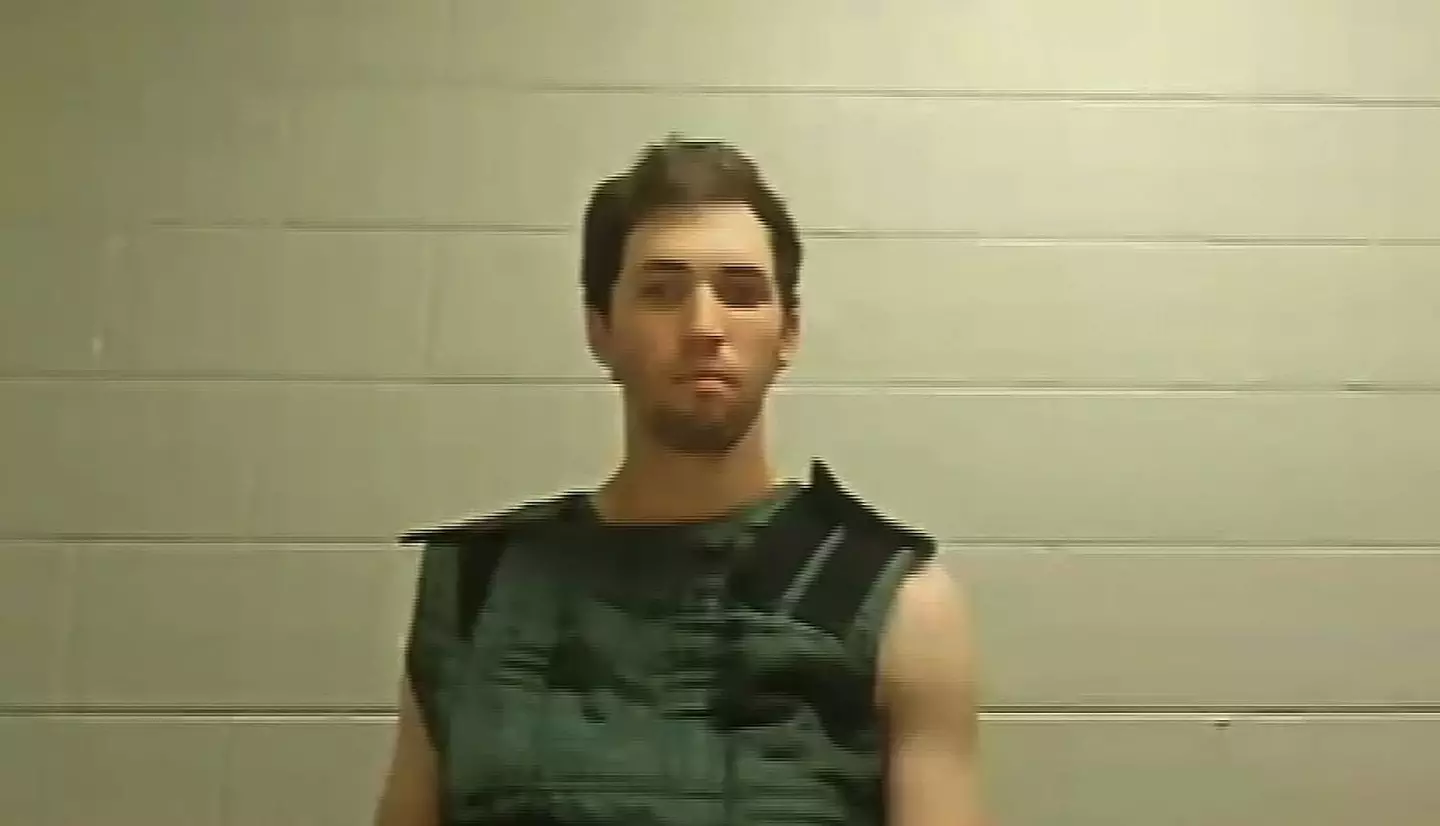
While the eyes of the world are set to be on the trial of Tyler Robinson, an angry Erika Kirk has spoken out over the decision on whether it will be broadcast to the public.
The late Charlie Kirk's widow has continued her husband's work, recently appearing at the University of Mississippi as part of the ‘This Is the Turning Point' tour.
Following Charlie Kirk's murder on September 10, a massive FBI manhunt resulted in the 22-year-old Robinson being arrested under suspicion of murder.
Following his first court appearance on September 16, documents have included a shocking admission from his mother, while Judge Tony Graf has also made a controversial decision that he'll be allowed to wear street clothes at his trial, "dressed as one who is presumed innocent.”
Advert
There's sure to be a flurry of media interest, especially as prosecutors are seeking the death penalty for Robinson.
Still, we're largely going to be locked out of proceedings, as cameras won't be allowed in the trial.
Given how the trial of Luigi Mangioni has been going viral, Robinson's is likely to be just as (if not more) publicized.
A defiant Erika Kirk has clapped back at the defense's efforts to keep cameras from the trial, saying that the world should be allowed to see "what true evil is."

In an upcoming Fox News interview, Kirk has discussed the trial with Jesse Watters and raged: "There were cameras all over my husband when he was murdered. There have been cameras all over my friends and family, mourning.
“There have been cameras all over me. Analyzing my every move, analyzing my every smile, my every tear. We deserve to have cameras in there."
Saying that things should be transparent, Kirk continued: “There’s nothing to hide. I know there’s not, because I’ve seen what the case is built on.
“Let everyone see what true evil is. This is something that could impact a generation and generations to come."
Court papers from the defense state: "The court should limit media coverage, or video and photographic coverage, at the least, so the defendant’s appearance is no longer the subject of interest and he has some chance of securing a fair and impartial jury."
They argue that the media's right of access to criminal cases is 'not absolute' and should be restricted to ensure a fair trial.
Graf has called the media and public attention 'extraordinary', but didn’t rule on the request to restrict news coverage, saying it needed 'further briefing.' He's placed limited restrictions on media coverage but has stopped short of entirely banning cameras.
First Amendment attorney Jeff Hunt explained to Utah News Dispatch how banning cameras isn't necessary, noting that Utah statute has a presumption that they’re allowed: "The law sets a high bar to kick cameras and the public out of the courtroom, and for good reason.
"Electronic media coverage allows the public to actually see and hear what transpires in the courtroom, and have a fuller and more meaningful understanding of the proceedings."
Graf's current restrictions are said to strike "the proper balance between Mr. Robinson’s right to a fair proceeding and the public’s right to access and transparency.”
A virtual hearing followed a closed session, with Graf prohibiting the filming of Robinson entering, standing, or leaving the courtroom.
His attorneys maintain that seeing him in shackles and jail attire might make potential jurors perceive him as “guilty and deserving of death.”
Despite his civilian clothing, Robinson has to remain restrained for safety reasons. His next in-person appearance is set for January 16, 2026.